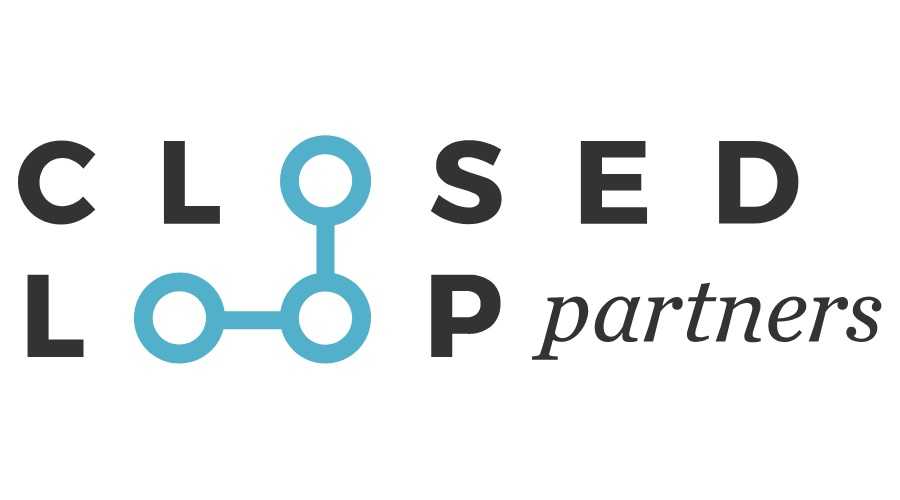NEW YORK, U.S. – The NextGen Consortium, convened by Closed Loop Partners, announced today the winners of the NextGen Cup Challenge – an open-sourced, global innovation challenge to redesign the fiber to-go cup and create a widely recyclable and/or compostable cup.
After a rigorous four-month review process by an esteemed group of judges including NextGen Consortium business leaders, as well as experts in recycling, composting and packaging, the Challenge narrowed the nearly 500 submissions from over 50 countries down to 12 winners.
These 12 winning solutions — broadly categorized into innovative cup liners, new materials, and reusable cup service models — have the potential to turn the 250 billion fiber to-go cups used annually from waste into a valuable material in the recycling system.
“This is a notable milestone to achieve our aspiration of sustainable coffee, served sustainably which is a particular passion for our over 350,000 Starbucks partners,” said John Kelly, Senior Vice President of Global Public Affairs and Social Impact at Starbucks. “We’re a founding partner of the NextGen Consortium because we believe it will take the scale and influence of many global companies to make recyclable, compostable to-go cups an industry standard rather than the exception.”
Many of the largest players in the food and beverage industry have united within the NextGen Consortium, making it a unique pre-competitive collaboration. Starbucks and McDonald’s were early investors and founding partners of the NextGen Consortium, with The Coca-Cola Company, Yum! Brands, Nestlé and Wendy’s joining as supporting partners. The World Wildlife Fund acts as an advisory member of the Consortium, and OpenIDEO is an innovation partner. Collectively representing a significant portion of the cups market, these brands are not only demonstrating their commitment to ending cup waste and driving innovation in packaging, but also accelerating the paths to global scale.
“McDonald’s is proud to work with such an unprecedented number of brands to address the issue of fiber to-go cups,” said Marion Gross, Senior Vice President and Chief Supply Chain Officer, McDonald’s USA. “Collaboration is what we need to truly move the needle, amplify impact and bring solutions to scale quickly.”
The NextGen Challenge winner solutions are advancing the transition to a more circular economy where materials are continuously cycled and reliance on raw materials is reduced. “By working across the entire value chain and engaging key stakeholders, winners of the NextGen Cup Challenge are tackling a complex problem in a holistic way, sending valuable material back into the supply chain – benefiting people, the planet, and businesses,” said Erin Simon, Director, Sustainability R&D, World Wildlife Fund.
Up to six winners will enter the NextGen Circular Business Accelerator, where they’ll gain access to a network of experts, business and technical resources and testing opportunities to ensure these innovations can successfully scale to serve the needs of the industry and maintain the performance standards we know and trust.
The Challenge is just the first stage of the NextGen Consortium’s three-year effort. Next, the NextGen Circular Business Accelerator, with testing and piloting opportunities, will help solutions get onto the shelf. Further, the Consortium is working with suppliers, recyclers and composters to ensure that the winning solutions can get successfully recovered for the highest value. The Consortium will work together to support the needs of the recycling and composting system and identify ways to make it easy for consumers to choose the right bin.
“The level of interest we saw in the Challenge demonstrates a real appetite for long-lasting sustainable packaging solutions,” said Kate Daly, Executive Director of the Center for the Circular Economy at Closed Loop Partners. “This level of industry collaboration in support of the NextGen Cup Challenge is really exciting, and we look forward to building on this momentum to encourage more innovative solutions. Fully recoverable fiber to-go cups are just the beginning.”
For more information on the winners, the Challenge and the NextGen Consortium, visit www.nextgenconsortium.com.
The 12 Winners of the Challenge
Category One: Innovative Cup Liners
These companies are rethinking the polyethylene plastic liners in cups that can currently make to-go cups difficult to recycle.
- C.E.E.R. SCHISLER, France, creates a 100% paper cup that is home compostable and recyclable.
- Colombier Group, Netherlands, Finland, creates a recyclable and compostable barrier for paperboard cups.
- Footprint US, USA, creates cups, lids and straws that are fully formed fiber-based solutions, with an aqueous-based coating that is recyclable and compostable.
- Kotkamills Oy, Finland, creates plastic-free, recyclable and compostable cupstock material that can be processed into cups at existing cup making machines.
- PTT MCC Biochem Company Limited, Thailand, creates a coated paper cup that is recyclable and home compostable.
- Solenis LLC, USA, Belgium, creates a barrier coating that is recyclable and compostable.
- Sun Chemical Corporation, USA, creates inks and coatings that are recyclable and compostable.
- WestRock Corporation, USA, creates a recyclable and compostable paperboard solution to cups.
Category Two: New Materials
These companies are using cutting edge, plant-based materials in their cups so that they are compostable.
- Solublue Ltd., UK, creates plant-based, food grade and non-toxic products that biodegrade after use.
Category Three: Reusable Cup Service Models
The cups made by these companies aren’t single-use, they just keep cycling – remaining in service by harnessing the power of technology and design.
- CupClub, UK, operates a returnable cup ecosystem, providing a service for drinks. Think bike sharing, but for cups.
- reCup GmbH, Germany, operates a deposit system for reusable cups. Rent their cup and return it to any participating partner shop. No cleaning of the cup or carrying around required.
- Revolv, Indonesia, Hong Kong (China), operates a deposit-based platform for smart, reusable beverage packaging, connecting their cups–and third party products–to Internet of Things technologies.
















